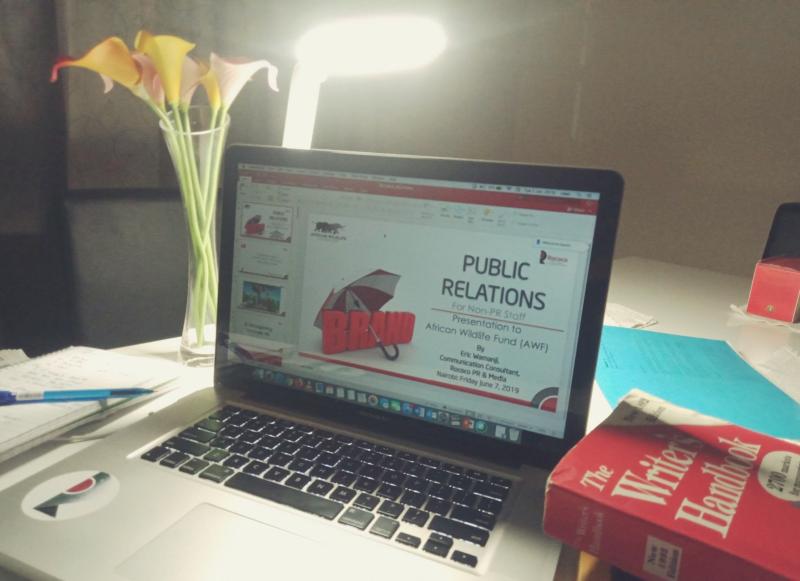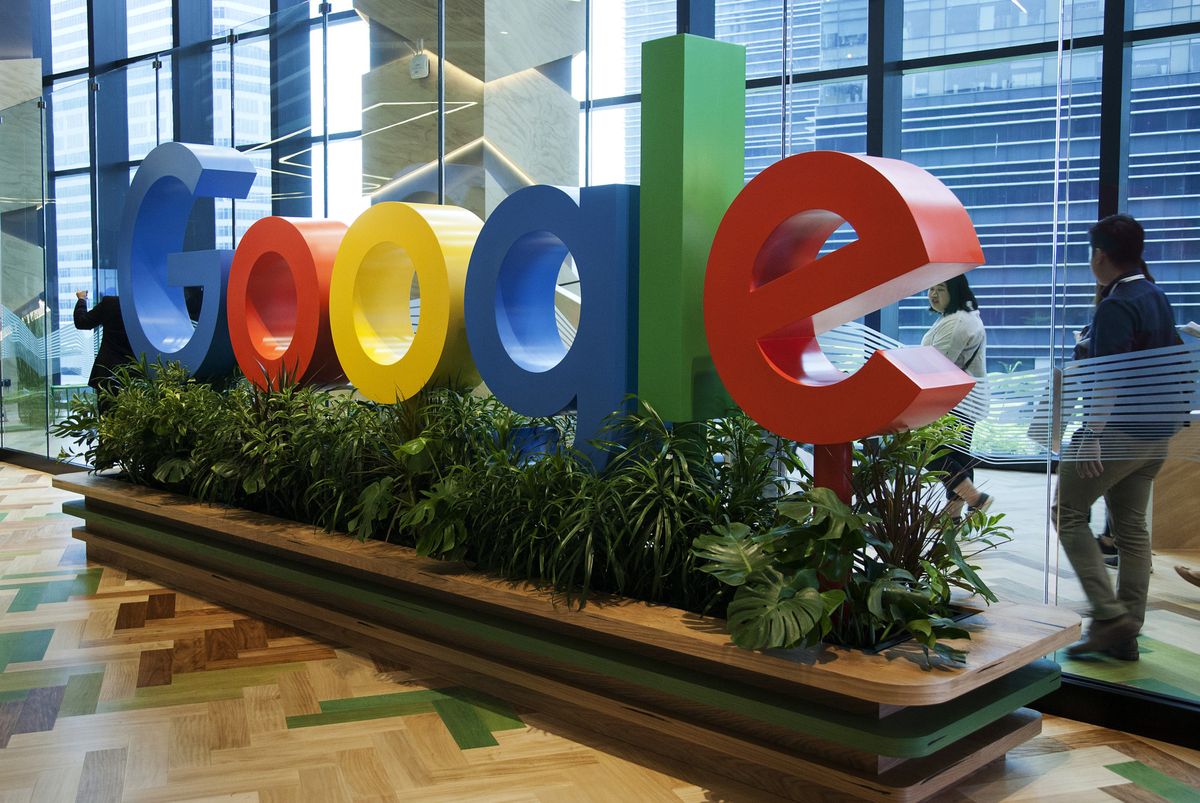
By Eric Wamanji
“The future of work” is a buzz phrase dominating our discourses in the wake of the coronavirus pandemic. Sundry ideas are flying around on the future outlook of the work regime.
In every metric, the ideas are disruptively exciting. And the disruption is already taking root in outlier corporates. The New York Times is encouraging staff to work from home till January 2021. Google has given folks another year. Twitter employees have the liberty to work from home “forever.”
Yet, working from home is a mixed bag. It’s as exciting yes, it’s still challenging. For African countries in particular, it will definitely require meticulous thought to navigate the emerging work regime.
Here, a lot has to be ingrained in our work culture to attain the sophistication and the efficiency that will produce optimal results.
For a start, the true concept of work appears to be elusive on employers. What is work? Is a question that cannot be adequately answered.
Most of the today’s employers are stuck in the analogue paradigm where the concept of work is menial, on assembly lines that require physical human presence.
That explains why human resource policies are generally straight jacket- “you must report at the physical office. You must be at your desk for eight hours with a one-hour break stint for lunch…” If you’re not in the office, it means you were absent and therefore did not work which attracts harsh chastisement.
For heaven’s sake, all this is simplistic. This is an old school mentality that lacks imagination and intellectual sagacity. This approach has to be overhauled, refined and remodeled to fit the new world order of the work.
In my journalism years, the coffeeshop was my office. It’s there, while sipping hot latte, that I filed my stories. And I loved it. Many other folks especially the creatives and in IT use that model. However, few bosses believe that is work.
The inability to define “work” will be the biggest challenge in redesigning a work from home regime. Indeed, there is a challenge that most employers cannot aptly conceive work, work-plans, execution strategies, monitoring, review and output. Even simple tasks like target projections seem challenging.
This means that to roll with the spirit of the times, employers have to go back to the drawing board. They need to recalibrate their mentality towards work and how to measure labour.
Work from home will also mean that human resource teams have to develop new guidelines and protocols. For instance, protocols on confidentiality, security of information, and reporting. They also need new generation allowances like laptops, Internet, domestic office space and even furniture.
Then there is the subtle case of the corporate identity and culture that will be in jeopardy in such an arrangement as offsite working. Employees are critical to corporate identity. A collective distinct culture is created and experienced in an organized group think. Work from home will construct individualism which is likely to produce smithereens of identities.
Furthermore, what we may not admit is that there is largely an increasing number of employees who draw meaning by waking up in the morning, dressing up and going to the office. The office uplifts their spirit. The laughter, the jokes, the juicy office gossip have emerged as the fuel that drives many a worker and keeps them sane. How to navigate around such nuanced social/psychological terrain will be something to closely watch.

Then there are some few cases of indiscipline. What will happen to the perennial absentee staff? Will they have the urgency and self-discipline in the absence of the supervisors? How about the office drunkard?
All this means that, first, employers will have to retrain their employees in the ethics and dictates of working from home. Employees need to cultivate a high degree of independent strategic thinking, discipline, ethics and commitment. They also need to learn to navigate the thin line between family and work in the same space.
But then, work is also cut for universities and schools in the creation of the worker of the future. The worker of the future should be an all-inclusive powerhouse – disciplined, innovative, self-driven fellow. Roysambu folks can teach us something. The future of work is exciting. But it requires meticulous thought.
Thank you for reading. Kindly share your feedback.
